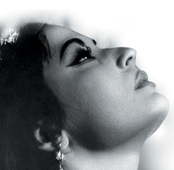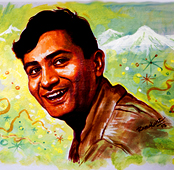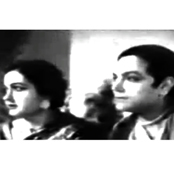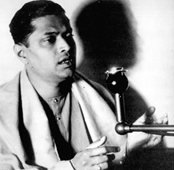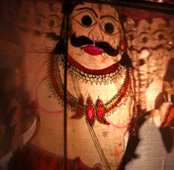-
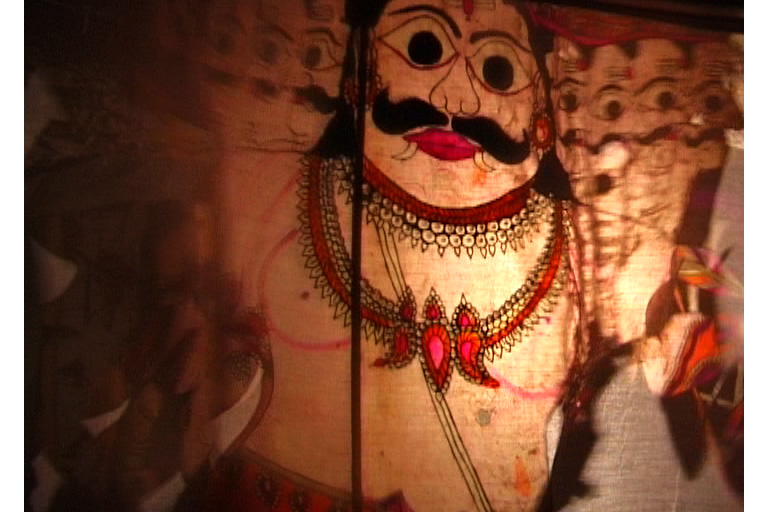 A still from Nee Engey? (Where are you?), Director: R.V. Ramani
A still from Nee Engey? (Where are you?), Director: R.V. Ramani
TBIP’s documentary film recommendation
R. V. Ramani describes his film, Nee Engey? (Where Are You?) as an impressionist ethnography of the puppet theatre tradition in some of the southern states of India. He tracks both the performances and the lives of the puppeteers— painting a haunting picture of the neglect of a tradition and the difficult lives of the puppeteers. The filmmaker casts a gentle, deeply respectful and totally subjective gaze on his subject. For me, as audience, this is what accounts for the rigour and depth of his engagement with his subject.
The filmmaker overlays his own preoccupations with cinema, over his exploration of this ancient art form. The curtain on which the shadows of the puppets get animated and dynamized is also the sort of curtain cinema brings alive in theatres. This is where Ramani allows his ethnography to become impressionist. Nee Engey? penetrates that white frame to seek out images, sounds and stories that belong to the shadow puppet tradition and are also the basis of a cinematic tradition.
The manner in which the performances are filmed are not inscribed with a sense of loss, or despair over the fact that the tradition is fast disappearing. The gaze of the filmmaker is one of complete surrender to the performer and her/his performance. The bhav, or the emotional depth of the performances, spill onto the framing of the lives of the performers. The white curtain of the puppeteers and the frame of Ramani’s film connect in a continuum. One does not become the victimized/ valourized subject of the other.
Dusty, abandoned puppets are held against the light streaming through the doorframe of a hut. The same door frames the performer’s daughter dancing to a film song. The filmmaker’s gaze is without judgment. There is no attempt to validate one performative form and condemn another.
This is not a lament for a vanishing form nor is it a pamphlet demanding the resurrection of a dying art. Nee Engey? is a 152 minute film that allows the audience to undertake an incredible journey.
For Real
SpecialJune 2013
 By Surabhi Sharma
By Surabhi Sharma
Surabhi Sharma studied anthropology before specializing in ‘direction’ at the Film and Television Institute of India (FTII). Her feature-length documentaries have been screened and awarded at international film festivals. Her key concern has been documenting cities in transition through the lens of labour, music and migration, and most recently reproductive labour. Cinéma vérité and ethnography are the genres that inform her filmmaking. Her films include ‘Jari Mari: Of Cloth and Other Stories’; ‘Aamakaar: The Turtle People’; and ‘Jahaji Music: India in the Caribbean’. Her recent films are ‘Tracing Bylanes’, ‘Can we see the baby bump please?’ and ‘Bidesia in Bambai’.





